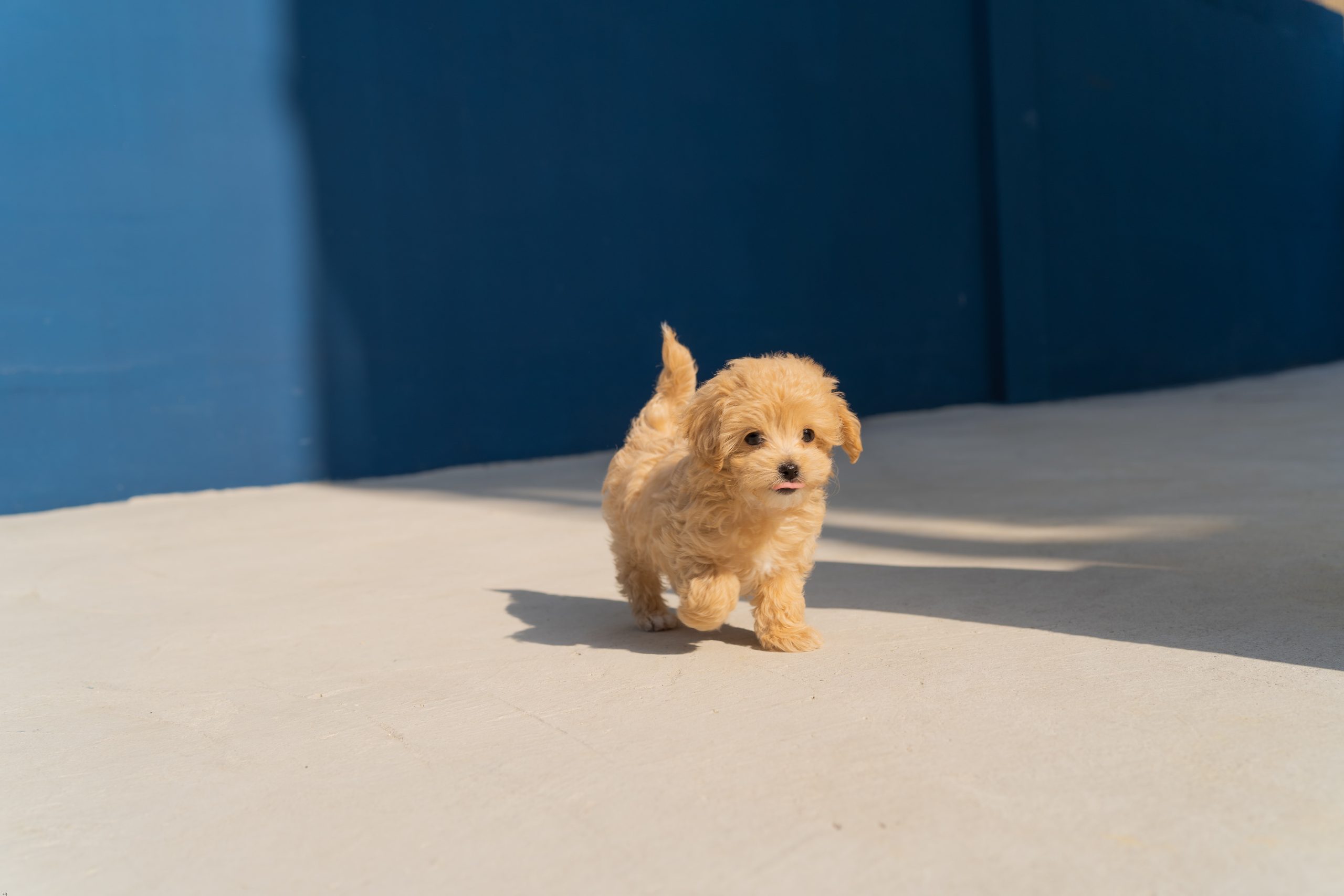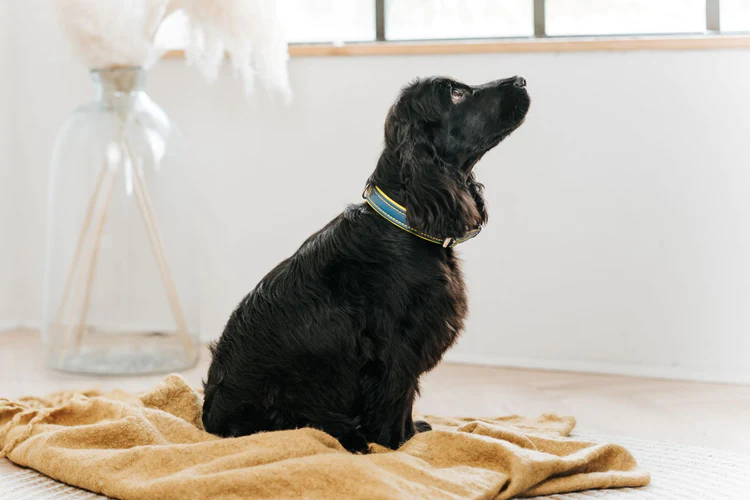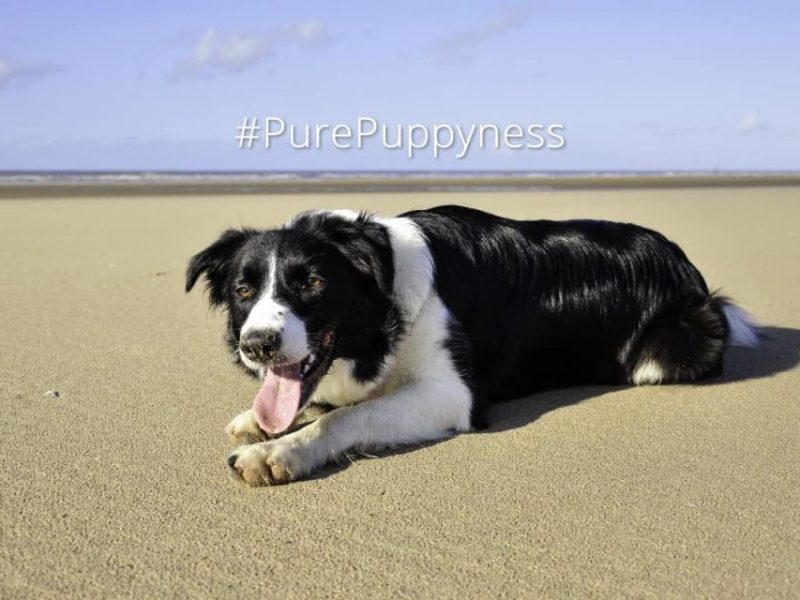Warning: Undefined variable $custom_content in /www/wwwroot/adoptorbuy.com/wp-content/themes/fairy-blog/functions.php on line 107
Maybe you’ve wanted a dog since you were a little kid. Or maybe you’ve recently discovered how much you would love to have a canine companion. But before you rush over to the computer and start searching, remember that a dog is not just for Christmas, but for life! Here are just a few things you should consider when buying a dog.
Time to consider when buying a dog

Do you have enough time to look after a dog? Dogs need feeding, walking, training, and even just time hanging out with you. The amount of time you’ll need to spend with your dog is increased if you get a puppy, as you need to pay particular attention to their diet, training, health, and behaviour. If you fail to spend enough time with your dog, he or she may become too energetic and destructive, or make of nuisance of himself by howling, barking, or by slowly destroying your home. Failure to socialise and train your dog can also lead to terrible manners. You need to invest time in your dog to turn him or her into a good doggy citizen.
Grooming

You may have seen pictures of an Afghan hound or a poodle and though “How beautiful! I’d love to have that dog!” But have you ever seen a dog with neglected fur? Failure to correctly groom your dog, especially if it has long or curly fur, can lead to matted hair, which pull on the skin and can create sores. Even short haired dogs need a good brushing every so often, and certain dogs, such as poodles, need regular trips to the groomer to keep their hair in good conditions. Also be aware that most dogs shed, which can be messy, and is not good for people with allergies. Dogs also need their nails clipped regularly.
Experience

Have you ever had a dog before? Do you know how to correctly care for a dog? This is particularly important for certain dog breeds, which are not ideal for first-time dog owners. Dalmatians are striking spotted dogs, but their high energy level may surprise first-time owners. Similarly, Weimaraners suffer from separation anxiety, are energetic, and can be hard to house train; Rottweilers may be stubborn and difficult to train; and the Chow Chow can be aggressive towards strangers and needs a lot of training. A first-time owner may get on better with a Cavalier King Charles Spaniel or a Sheltie, which are both even-tempered and easy to care for dogs.
Lifestyle to consider when buying a dog

There is no sense in buying a Rhodesian Ridgeback if you prefer relaxing at home to long walks, or a Great Dane if you live in a tiny apartment. Likewise, don’t expect a tiny Chihuahua to be the perfect jogging or hiking companion. Don’t force a dog to fit into your lifestyle – instead, choose a dog that will be comfortable with your lifestyle. If you’re very active, why not get a Beagle? If you prefer to take life at a slower pace, why not get a less active dog, such as an English Bulldog? If you have young children, consider a Boxer or similarly gentle breed.
Climate

If you live in snowy Scandinavia, a fluffy Alaskan Malamute will fit right in, but that same dog may suffer in sunny Malta. Though some breeds cope well in different climates, others struggle. English bulldogs often overheat in the sun, whereas the hairless Chinese Crested may shiver colder climates. Make sure your dog will be comfortable. If you do choose a breed not adapted for the climate, make sure to accommodate its needs; for example, keep your Chinese Crested warm in winter with a dog coat and heated rooms.
Healthcare to consider when buying a dog

It is a sad fact that, at some time or another, you will have to take your dog to the vet, even for something minor such as neutering or vaccination. Certain breeds or individuals may be prone to poor health, meaning more trips to the vet. Can you afford it? If you get a dog, you should be able to at least afford basic healthcare such as vaccinations and check-ups. Do not get a dog if you cannot afford the basic vet bills, and if you choose to get a dog with health issues, be prepared both financially and emotionally.
Family and Friends

Do you live alone, or do you live with a friend or your family? If it’s the latter, you need them all to be in favour of getting a dog. It’s not fair to force a dog on them. You should also be sure to get a dog that can live happily with them. Akitas and Rottweilers are generally loyal and, with training, can be well behaved around children, but due to their size they may accidentally knock over small children, especially if they join in with the children’s games. A smaller dog may interact better with young children, whereas a large dog would probably be happier with adults or older children. Obviously there are exceptions to the rule, and many large dogs behave well with children, but it’s worth being cautious, especially if this is your first dog.
You also need to decide who is going to look after the dog and pay for its upkeep. Although family or friends may help with feeding or walking, it should be clear who is ultimately responsible for the dog.


